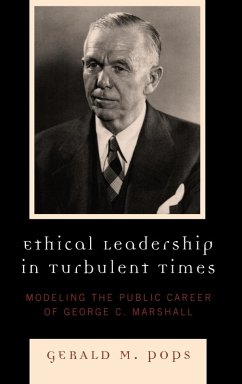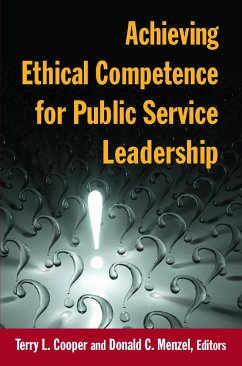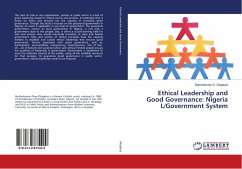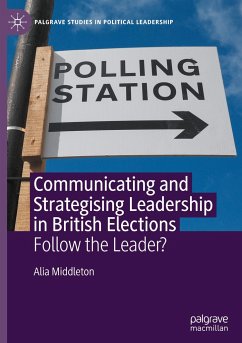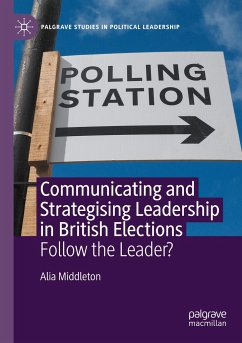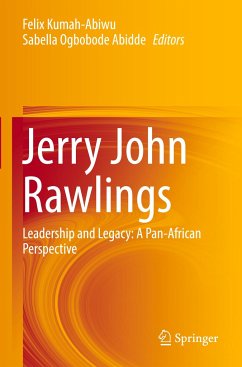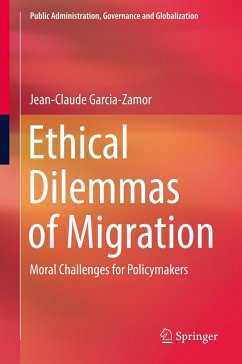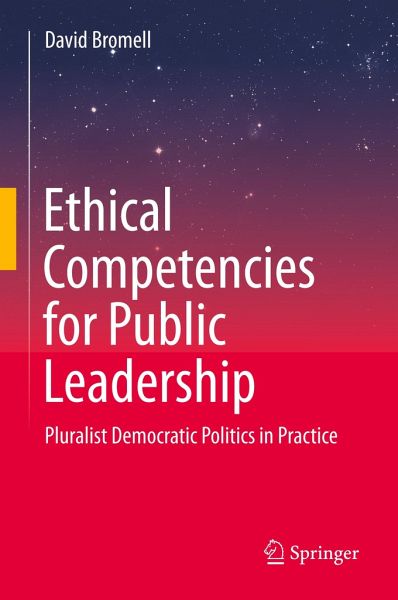
Ethical Competencies for Public Leadership
Pluralist Democratic Politics in Practice
Versandkostenfrei!
Versandfertig in 6-10 Tagen
46,99 €
inkl. MwSt.
Weitere Ausgaben:

PAYBACK Punkte
23 °P sammeln!
This book identifies six ethical competencies for public leadership in contexts of pluralism. While diversity in proximity generates conflict where people want and value different things, the right kind of leadership and the right kind of politics can minimise domination, humiliation, cruelty and violence.Written by a public policy advisor for fellow practitioners in politics and public life, this book applies political theory and social ethics to identify a set of competencies-being civil, diplomatic, respectful, impartial, fair and prudent-to keep ethics at the centre of a pluralist democrat...
This book identifies six ethical competencies for public leadership in contexts of pluralism. While diversity in proximity generates conflict where people want and value different things, the right kind of leadership and the right kind of politics can minimise domination, humiliation, cruelty and violence.
Written by a public policy advisor for fellow practitioners in politics and public life, this book applies political theory and social ethics to identify a set of competencies-being civil, diplomatic, respectful, impartial, fair and prudent-to keep ethics at the centre of a pluralist democratic politics. The six competencies are described in behavioural terms as personal resolutions. They offer valuable tools for mentoring and professional development.
This book will appeal to politicians and those who advise them, and anyone who engages in or aspires to public leadership, whether in the public sector, the private sector, the community and voluntary sectoror academia.
Written by a public policy advisor for fellow practitioners in politics and public life, this book applies political theory and social ethics to identify a set of competencies-being civil, diplomatic, respectful, impartial, fair and prudent-to keep ethics at the centre of a pluralist democratic politics. The six competencies are described in behavioural terms as personal resolutions. They offer valuable tools for mentoring and professional development.
This book will appeal to politicians and those who advise them, and anyone who engages in or aspires to public leadership, whether in the public sector, the private sector, the community and voluntary sectoror academia.



